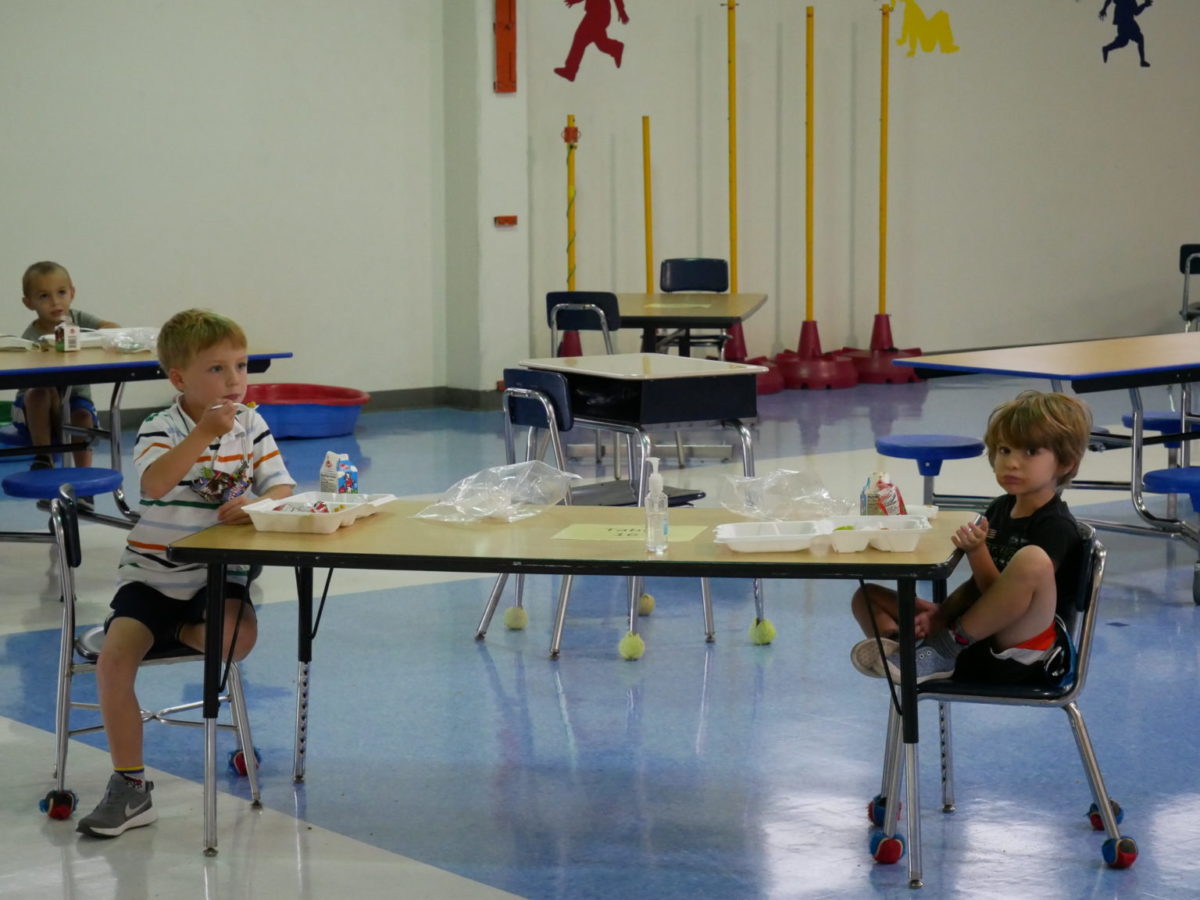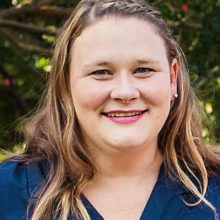
Significant shifts in how school meals were served were among the changes that the pandemic brought to public schools. School meals were served in carpool lanes, delivered by buses, and eaten in classrooms. Most importantly, they were free for all school children regardless of income.
Universal free school meals are not a new idea. Since the 2014-15 school year, the Community Eligibility Provision (CEP) has allowed high poverty schools to choose to provide school breakfast and lunch to all students free of charge.
While the traditional structure of the National School Lunch Program and the School Breakfast Program provides free meals only to students who prove that their family meets the income threshold (while other students pay for meals), the CEP deems schools to be eligible based on the number of students who are automatically certified for free school meals based on participation in other means tested programs, primarily the Supplemental Nutrition Assistance Program (SNAP).
Schools that choose to participate in CEP are freed from the administrative burdens of collecting applications for free or reduced priced meals and of managing school meal accounts. In addition, the change to universal free meals may make nutritious meals available to more students, allow schools to experiment with different meal service models (e.g. Breakfast in the Classroom or Breakfast After the Bell), and change school culture to reduce stigma associated with receiving free meals.
A new policy brief from the North Carolina Alliance for Health (NCAH) and the Education Policy Initiative at Carolina (EPIC) provides data on CEP participation in North Carolina, the change in meals served, and academic outcomes of participating schools.
We find that the number of breakfasts and lunches served in CEP-participating schools increases an amount approximately equivalent to every child eating an average of 20 more breakfasts and lunches at school. This change illustrates that, even though the majority of students at CEP-participating schools were already eligible for free meals, making free meals universal resulted in more students actually eating school meals. Evidence shows that school meals are more nutritious than the other options students typically eat at school, so more school meals may lead to more students who are well-nourished and ready to learn.
CEP participation in 2017-18 was spread widely across the state, but there were still many schools that were eligible to participate in the CEP but chose not to participate. Reimbursement formulas for school meals made CEP participation too expensive for many schools. Yet, evidence on academic outcomes associated with CEP participation suggests that the benefits of universal meals may extend beyond better nutrition for students. Research suggests CEP participation leads to better academic performance for students. Our data shows that CEP participating schools had higher academic performance scores leading to higher school performance grades.
CEP-participating schools were also less likely to fail to meet expected growth compared to schools with similar percentages of low-income students who didn’t participate in the CEP. These findings fit with earlier research from EPIC which shows benefits from CEP participation on student test scores as well as fewer absences for elementary schoolers at CEP -participating schools.
The United States Department of Agriculture has extended universal free meals for all schools through the 2021-22 school year, but as the pandemic wanes and schools begin to return to normal, the future of school meals is uncertain. North Carolina policymakers have an opportunity to consider the potential benefits of permanently extending the reach of universal free meals in the state.





